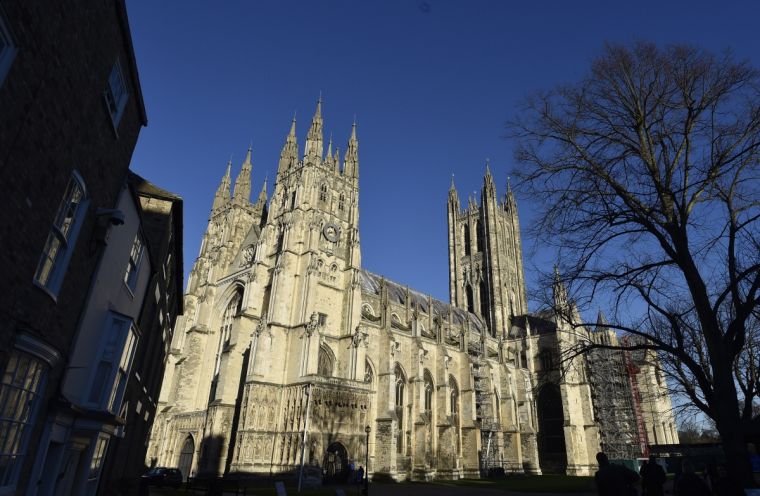CofE facing 'unrelenting decline' as number of Brits identifying as Anglican halves in 15 years
There is an 'unrelenting decline' in Church of England and Church of Scotland numbers, particularly among young people, according to the latest figures from the British Social Attitudes survey.
Results released today show that the number of Brits who identify as Church of England has more than halved in the last 15 years, from 31 per cent to 14 per cent. The sharpest decline is among 45 to 54-year-olds, from 35 per cent in 2002 to 11 per cent in 2017.

Other traditions have remained stable, with Roman Catholics and 'non-Christian faiths' each on eight per cent and 'other Christian affiliations' on 10 per cent.
Fifty-two per cent say they have no religion, compared with 41 per cent in 2002.
Young people are least likely to be religious, with 70 per cent of those aged 18-24 saying they have no religion – a rise from 56 per cent in 2002. Older people are also less likely to say they belong to the CofE, with 34 per cent of those aged 65 and over saying they have no religion, compared with 18 per cent in 2002.
There is also a significant gap between religious affiliations when it comes to church attendance, with 21 per cent of respondents who affiliate themselves with the Church of England saying they attend church – apart from special occasions, such as weddings and funerals – at least once a month. This is compared with 42 per cent of Roman Catholics. The majority of Brits who follow either religion attend church less than once a month.
The number of Scots who say they belong to the Church of Scotland has fallen overall, from 31 per cent in 2002 to 18 per cent in 2017. Fifty-six per cent of Scots now say they have no religion. All age groups have seen a decline in religious identity of between 11-17 per cent in the last 15 years, which has gone hand in hand with a gradual decline in church attendance at Church of Scotland services.
Roger Harding, head of public attitudes at the National Centre for Social Research, said: 'Our figures show an unrelenting decline in Church of England and Church of Scotland numbers. This is especially true for young people where less than one in 20 now belong to their established church. While the figures are starkest among younger people, in every age group the biggest single group are those identifying with no religion.
'We know from the British Social Attitudes survey that people's views are becoming more socially liberal on issues like same sex relationships and abortion. With growing numbers belonging to no religion, faith leaders will no doubt be considering how to better connect to a changing society.'
Dave Male, the C of E's director of evangelism and discipleship, said: 'It has been clear for some time that we have moved from an era of people automatically, and perhaps unthinkingly, classifying themselves as Church of England or Anglican to one in which identifying with a faith is an active choice.
'Yet research, especially among young people, shows an increase in willingness to engage in faith. Our experience is that people of all ages haven't stopped searching for meaning and answers in their life.
'Ultimately the church exists to share the good news of Jesus Christ. That was never meant to be easy and that work goes on whatever the figures may say.'











